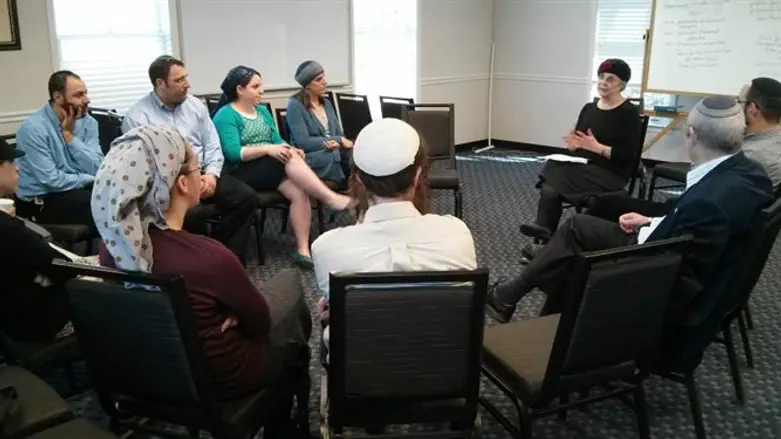
Parshas Devarim begins the first in a series of speeches that Moshe Rabeinu gave to Bnei Yisrael before his death.
This speech consists of an overview of the history of Bnei Yisrael in the desert, with a distinction made between the generation that left Egypt and the generation that entered Israel. The Speech commences with the recounting of the instruction for Bnei Yisrael (at this point still the first generation) to enter Israel:
The LORD our God spoke unto us in Horeb, saying: ‘You have dwelt long enough in this mountain; turn you, and journey, go to the hill-country of the Amorites and to all the places nigh thereunto, in the Arabah, in the hill-country, and in the Lowland, and in the South, and by the sea-shore; the land of the Canaanites, and Lebanon, as far as the great river, the river Euphrates. Behold, I have set the land before you: go in and possess the land which the LORD swore to your fathers, to Abraham, to Isaac, and to Jacob, to give them and their descendants after them’ (1:6-8)
At this point Moshe digresses and speaks about how he had to appoint leaders for Bnei Yisrael because it was too much to have everything fall on him.
Moshe continues his narrative and describes a major setback:
And you came to me every one of you and said: ‘Let us send men before us, that they may search the land for us, and bring us back word of the way by which we must go up, and the cities unto which we shall come.’ (1:22)
From here the narrative continues with sending the spies, the subsequent report they brought back, Bnei Yisrael's lack of faith, punishment, the new order not to go into Eretz Yisrael, the failure of some to follow this instruction as well and their ensuing punishment.
The brief interruption in the narrative, neatly separating the initial thoroughly optimistic scene depicted in the very beginning of the speech and the later series of calamities, is not coincidental. Furthermore, Rashi points out the difference between how Bnei Yisrael approached him here (by the spies), and how they approached him at Har Sinai (as recounted in next week’s Parsha):
And it came to pass, when you heard the voice out of the midst of the darkness, while the mountain was burning with fire, you came to me, and the heads of your tribes, and your elders; (5:20)
By Har Sinai they approached Moshe in an orderly and respectful (one to another and to Moshe) fashion. The young respected the elders and let them go first and the elders respected the heads of their tribes and let them go first.
When it came to requesting spies on the other hand, “you came to me every one of you” - they all came at once with no consideration towards anyone worthy of their respect.
Between the epidemic of mistakes and the severe loss of respect, it is obvious that a drastic change has occurred in the previously difficult, yet to this point, overall docile nation.
The short intermission between these two historical bits seems to carry a possible explanation. We can split this part into two different statements in which Moshe expresses the need of others to take part in leading Am Yisrael.
I cannot do this alone (1:9) – As is natural. The next couple of Psukim describe the growing population. Of course, at some point they will need to have multiple leaders. How can I carry your problems myself? (1:12) – As a result of the trouble Moshe faced from Bnei Yisrael, there is a need to advance (possibly prematurely) to a more complex system of leadership.
This led to appointing leaders at a time when Bnei Yisrael did not yet have ample time since receiving the Torah for the future leaders to be suitable. As a result, there was a loss of respect for the Torah leaders, who were first learning Torah themselves. This point can be seen quite clearly in the difference between Moshes’ request of candidates and the appointing of those chosen:
Bring for yourselves, from each one of your tribes, wise men, with understanding, and full of knowledge, and I will make them heads over you.’ (1:13)
So I took the heads of your tribes, wise men, and full of knowledge, and made them heads over you… (1:15)
As Rashi points out, Moshe had to give up on one of the prerequisites; At that point no one had yet reached the level in Torah proficiency to be considered “with understanding”. The lack of a certain level in Torah expertise meant inadequacy for the job, which caused the lines to blur and Bnei Yisrael to lose respect and the subsequent slide downhill.
comments: mjhadad18@gmail.com

